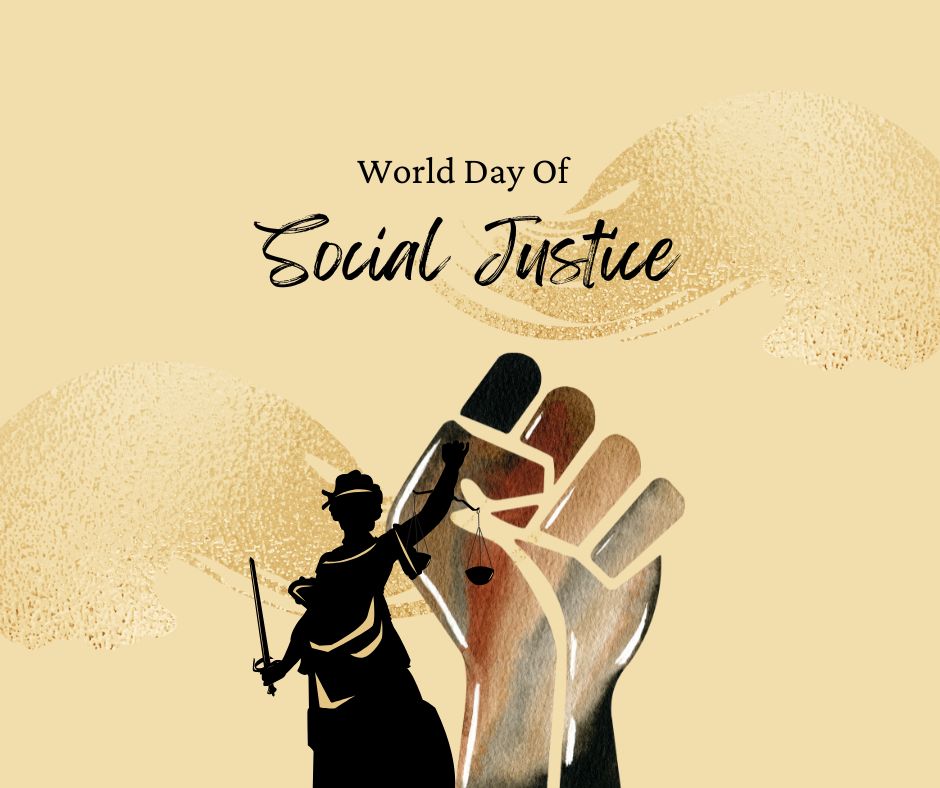
World Social Justice Day, observed on 20 February, serves as a global reminder of the urgent need to address inequality, poverty, and exclusion. In South Africa, a country still grappling with the legacy of apartheid, social justice remains a pressing issue. While progress has been made, stark disparities persist, particularly in access to quality education, which is a cornerstone of social mobility and equality.
This stems from the fact that South Africa is one of the most unequal countries in the world, with poverty and unemployment disproportionately affecting marginalised communities. What’s more, according to recent statistics, over 60% of children in South Africa live below the poverty line, and many lack access to quality education.
In townships like Alexandra, overcrowded classrooms, under-resourced schools, and high dropout rates are daily realities. These challenges perpetuate cycles of poverty and inequality, making education one of the most critical battlegrounds for achieving social justice.
“Education is more than just a pathway to employment. It is a fundamental human right and a catalyst for change that empowers individuals, fosters critical thinking, and equips communities to challenge systemic injustices,” says Muziwethu Zwane, Rays of Hope CEO.
Local solutions for a global challenge
One of the ways education drives social justice is by fostering critical consciousness. When learners are equipped with the skills to question and challenge systemic inequalities, they become agents of change within their communities. This is particularly important in South Africa, where the legacy of apartheid continues to shape access to opportunities. By teaching young people to think critically about issues like race, class, and gender, we can empower them to dismantle the structures that perpetuate inequality.
Moreover, education must be holistic. Over and above academic achievement, nurturing well-rounded individuals who are equipped to navigate the complexities of the modern world is crucial. This includes providing psychosocial support, life skills training, and access to extracurricular activities.
In the heart of Alexandra, Rays of Hope is working tirelessly to address these disparities. Rays of Hope, a non-profit organisation, focuses on empowering resilient future leaders’ families to live with dignity and hope. Their work is rooted in the belief that sustainable change begins with equipping people with the tools they need to break the cycle of poverty.
Examples include its Akanani Early Childhood Development Centre (ECD) initiatives that provide essential educational foundations, nurturing care and developmental resources, to educational support programmes such as its Rose Act Saturday School programme, Rose-Act.
“For many children, these programmes are a lifeline, offering a safe space to learn, grow and dream beyond their circumstances,” adds Zwane.
Education is a powerful tool, but it requires collective effort. “By investing in education, we invest in a future where every child, regardless of their background, has the opportunity to thrive,” concludes Zwane.
INFO SUPPLIED.

